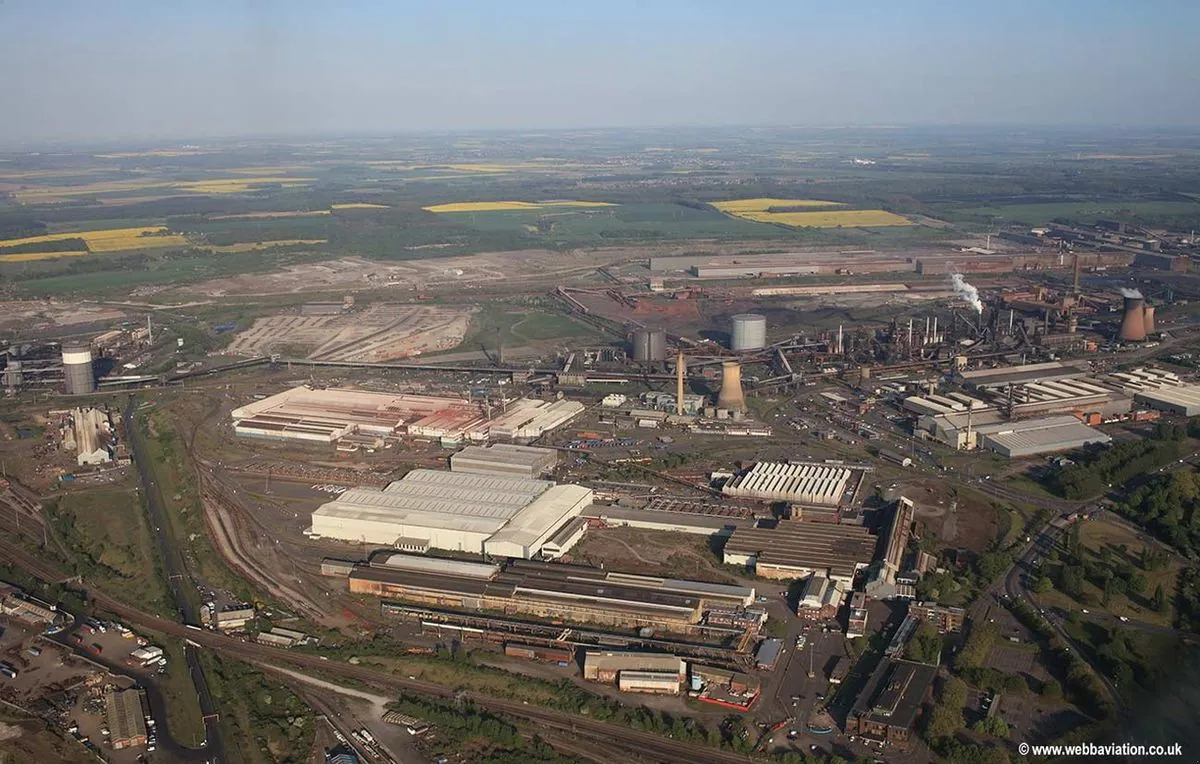British Steel's Scunthorpe Plant Faces Closure, Risking 2,500 Jobs
British Steel plans to shut blast furnaces in Scunthorpe by Christmas 2024, potentially replacing UK production with Chinese imports. The move, part of a green turnaround plan, raises concerns about job losses and strategic implications.

British Steel is considering the closure of its blast furnaces in Scunthorpe by Christmas 2024, potentially impacting 2,500 jobs. The company, owned by China's Jingye Group since March 2020, is in discussions with the UK government regarding plans to reduce coking coal imports for its steel production as early as October 2024.
The proposed shutdown could result in the replacement of 3 million tonnes of domestically produced steel with imports from China. This development raises concerns about the future of UK steel production, an industry that has played a significant role in the country's industrial history and labor movement.

British Steel is seeking £600 million in government funding as part of a £1.3 billion plan to transition towards greener steel production. The company had initially committed to maintaining blast furnace operations while constructing a more efficient electric arc furnace in Teesside. However, the current proposal suggests a potential gap of at least five years before a new plant becomes operational, leading to substantial job losses.
"Early closure of the blast furnaces at Scunthorpe would be devastating for the community and workforce. Unions have been assured throughout the process that the blast furnace operations would continue throughout the construction of an electric arc furnace."
The steel industry has been a cornerstone of Scunthorpe's economy since the 19th century, with the first blast furnace built in 1864. British Steel's Scunthorpe site, spanning 2,000 acres, houses the company's headquarters and primary iron and steelmaking operations. The facility's four blast furnaces produce approximately half of the UK's total steel output.
Steel production holds strategic importance for the UK, as it is crucial for various sectors including construction, rail, energy, and manufacturing. The potential shift to reliance on imported steel raises questions about the country's industrial self-sufficiency and long-term economic strategy.
The UK government has set ambitious targets to reduce carbon emissions by 78% by 2035. The steel industry, responsible for about 7% of global CO2 emissions, faces pressure to decarbonize. The transition to electric arc furnaces, which can recycle scrap steel, is part of the global effort to reduce the environmental impact of steel production.
As discussions continue between British Steel, the government, and labor unions, the outcome will have significant implications for the future of UK steel production, employment in the sector, and the country's industrial strategy.


































